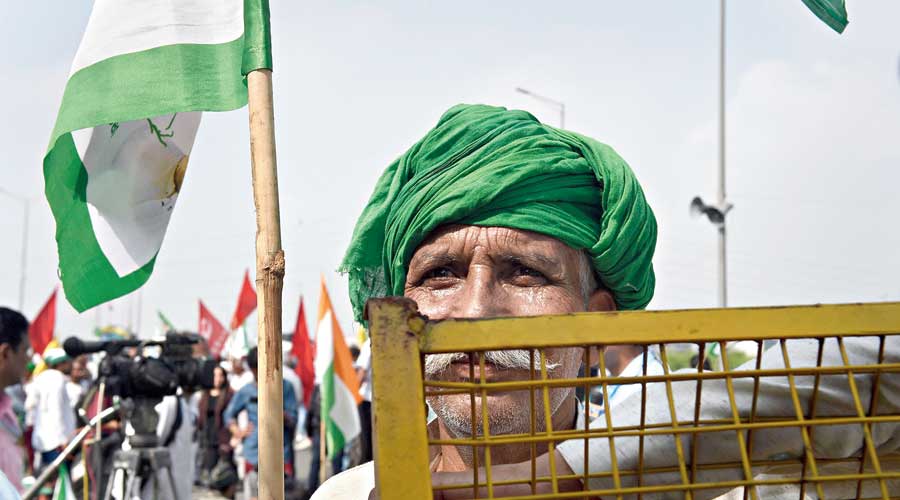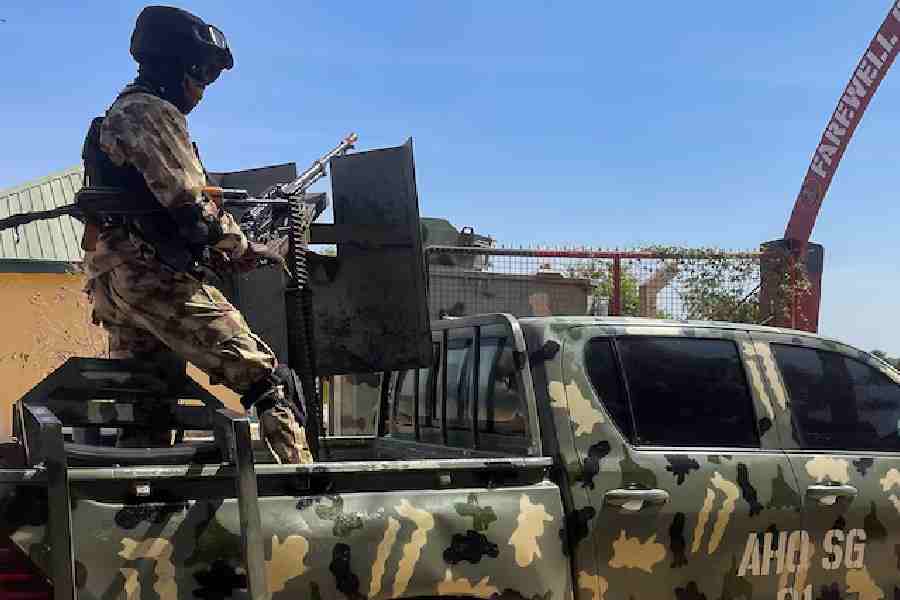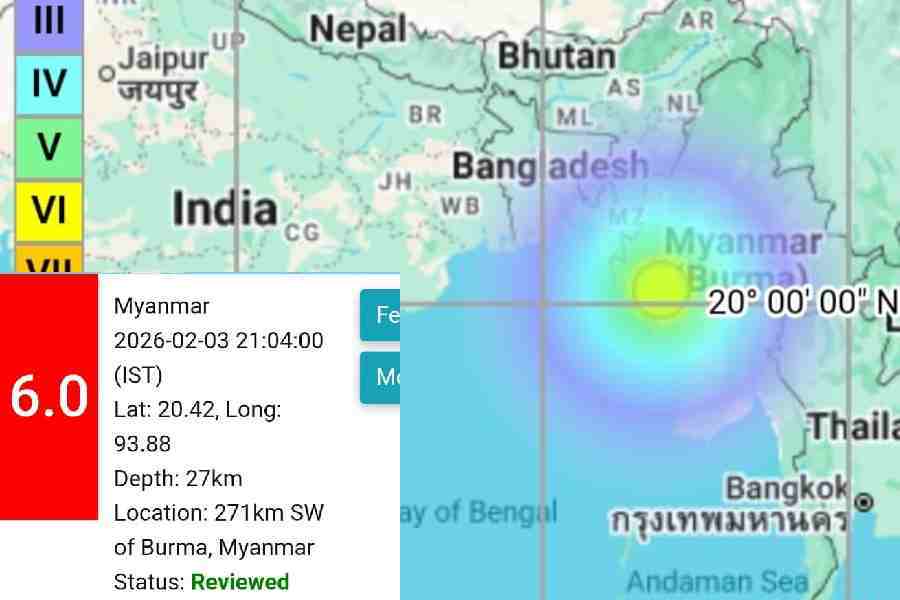While press freedom lies seriously curtailed and populist sentiments are being geared towards a sectarian representation of reality, information is being manipulated to serve the interests of the ruling regime by media houses sympathetic to the Bharatiya Janata Party. Indeed, we are living in times in which multiple facts exist and truth is curated using the media as an instrument for advancing State propaganda.
The government had a vested interest in delegitimizing the farmers’ protest. Some Union ministers had labelled the farmers as ‘misguided’, even ‘anti-national’; the prime minister coined the term, andolanjeevi, branding farmers and their support base as enemies of the State. Prime-time news shows and debates brimmed with stories of unfounded allegations, such as a ‘Khalistani angle’ to the protest. Although a handful of independent media houses, news channels, freelance journalists and local reporters tried to challenge these claims and present the real picture, their reach was limited. What was missing from the public debate was the voice of the farmers themselves.
The complete absence of people’s voices from the media and the misrepresentation of any issue that demands accountability from the BJP have led to new media practices that arise out of the need to resist this monopoly over information. Alternative people’s media have become a necessity to save Indian democracy.
Challenging the narrative of the government was possible only when the farmers were able to speak about the conditions of their existence and their demands. The need was not only to present the ‘reality’ before the country but also to transform that reality for and with the protesters themselves. The farmers’ need for an alternative media was acute because traditional media platforms were misrepresenting their struggle. An independent media was required to communicate information and strategies amongst themselves. Protesters who shared the farmers’ plight and were keen on building a wider solidarity were interested in bringing out the truth of the matter. An independent channel by and for the protesters was also required to facilitate dialogue among the decision makers — the leaders of the various kisan unions of the protest and ordinary farmers at the protest site. A communiqué in the language of the protesters led to the genesis of an alternative media, energizing the movement.
Trolley Times emerged in this backdrop. This was a newspaper that was created out of necessity, founded by people with no prior media experience. There were no ulterior motives or a hidden agenda. The goal was to provide an honest and clearly-articulated documentation of the aims and the demands of their protest. The newspaper brought to the public debate the discussions taking place among the various leaders of the farmers’ movement, on-ground stories of protesters from different protest sites, the views of common farmers on the policies concerning them and so on. It not only questioned the government and the mainstream media but also covered issues concerning caste, class and gender within the movement.
What is unique about the media emerging from social movements is that they do not treat readers as consumers but rather as participants who engage with news. Since the news is personal to their lives, media arising out of protests have immense power to shape the readers’ worldview, making them question existing views and drawing their attention to aspects of the movement that had gone unnoticed.
A newspaper of the protesters has utilized the media as an organizing force. An authentic newspaper run by the daughters and sons of the farmers and other volunteers challenged the narratives dominating the public debate that stigmatized the farmers’ movement.
Shivam Mogha is one of the co-editors of Trolley Times. Siddhi Chouhan studies at Lady Shri Ram College










